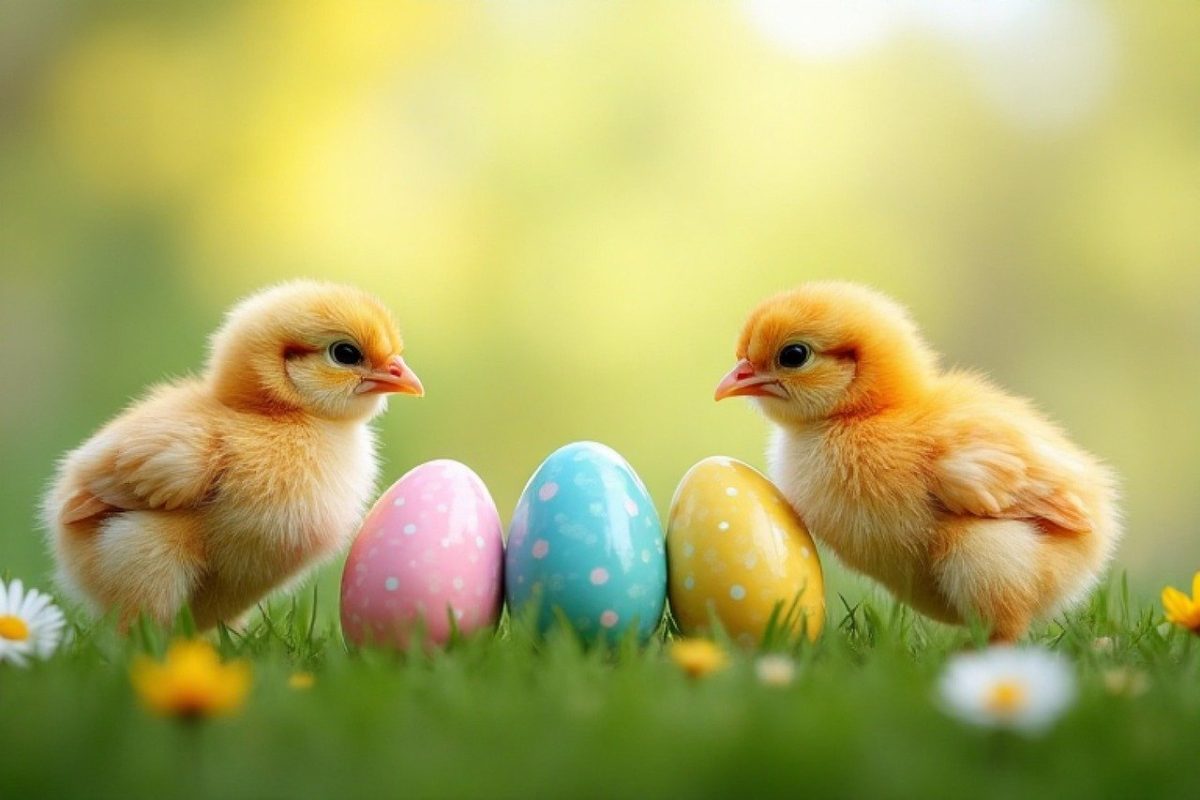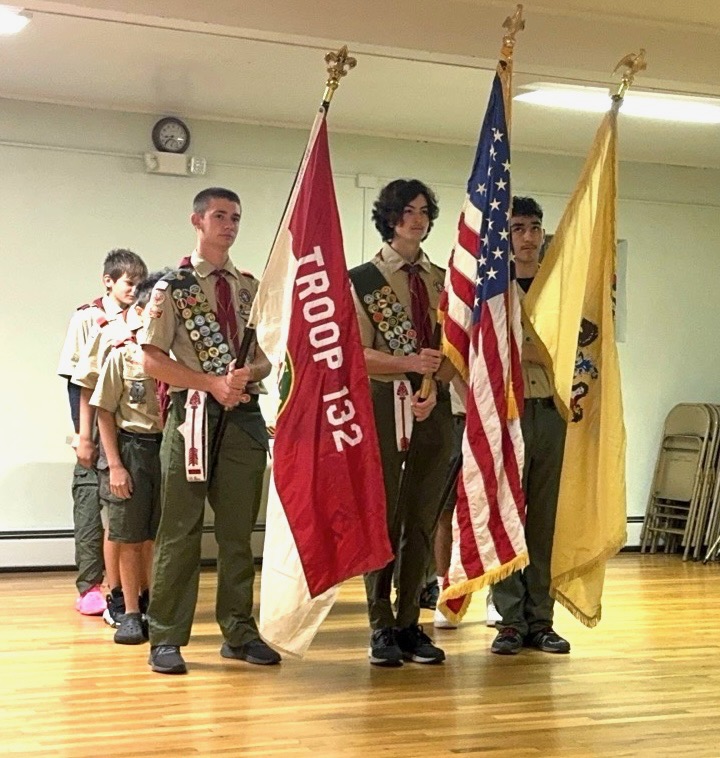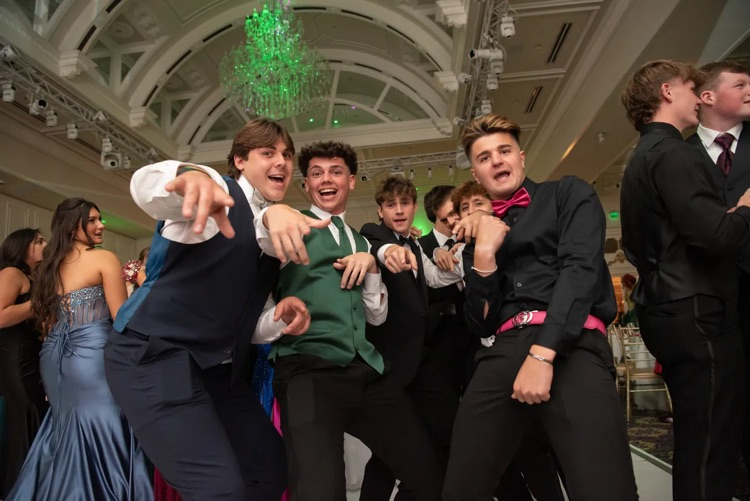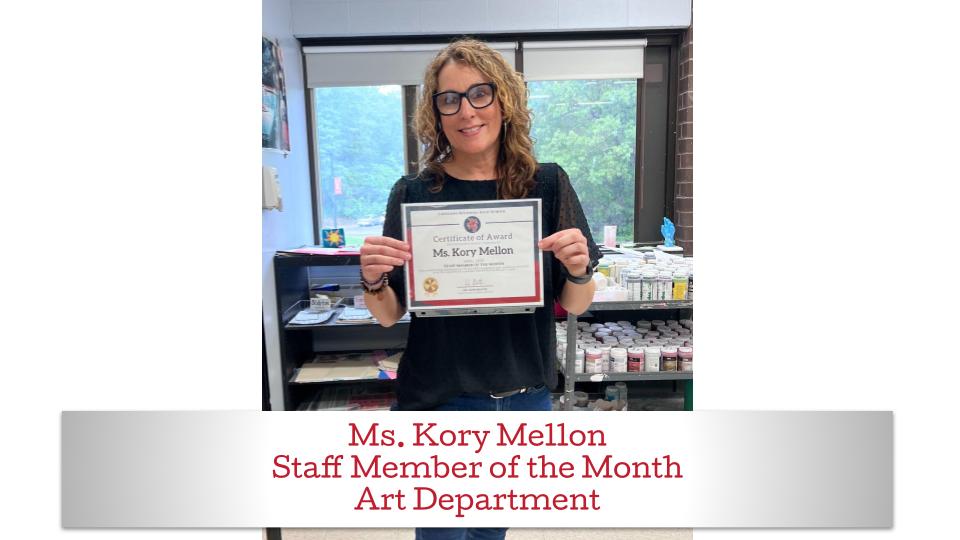Over the years people have been celebrating Easter in their own ways and traditions, whether it’s because of religion or culture. Easter is done differently in many different houses as well. Families might do Easter egg baskets and hunts, an early sunrise church service, go to a local Easter parade, or make a delicious feast including lamb or even hot cross buns. It doesn’t matter how you celebrate, what matters is you are with the people you love the most, making memorable moments.
The History of Easter
Easter is a Christian holiday that celebrates the resurrection of Jesus Christ. It all begins with Ash Wednesday, a 40-day period that includes fasting, prayer, and sacrifice, that ends with Holy Week. Holy Week includes Holy Thursday, following with Good Friday, the day Jesus was crucified, and ending with Easter Sunday, the day of the resurrection.
Unlike Christmas, the date of Easter changes each year, although it always falls on a Sunday. According to History.com, the birth date of Jesus is not known, but has been celebrated on December 25 in most Christian traditions, Orthodox Christians celebrate on January 7 since they do use a different calendar. Neither was his death or resurrection date recorded, but it can fall somewhere between March 22 and April 25. This is because Easter is linked to a Jewish festival of Passover which took place on Jesus’ death. The timing of Passover depends on the cycle of the moon. In the 4th century churches agreed that Easter would be on the Sunday following the first moon.
Easter Around the World
Easter is celebrated in many different ways around the world.
- In Italy, Easter is a week full that includes rituals, followed by feasting and celebrating. The holiday of La Pasquetta, which translates to Little Easter, is celebrated on the following Monday after Easter, and this day includes picnics and feast as a day to celebrate food and family. Just like here in America, eggs play a big part in Easter for Italy but in a different way. At Easter Mass, churches will bring in hard boiled eggs to be blessed or baked into special bread. Good Friday is observed in most places in Italy with the Via Crucis, the ritual of the 14 Stations of the Cross. In many places processions include people in costume acting out events at each station. These can be very dramatic. The Good Friday procession in Enna, Sicily, includes more than 2,000 people dressed in ancient costumes. Trapani, also in Sicily, has a 24-hour long procession called the Misteri di Trapani.
- Greeks do Easter a little differently. They celebrate Orthodox Easter, which follows the Hebrew calendar since it falls after Passover. They celebrate by going to midnight church services lit with candles and celebration chants. Then, those that celebrate do so with a big feast held immediately after midnight mass. Greeks even have a tradition which isn’t only for Easter, they do a thing called Greek wishes and during Easter they call them Easter wishes. On Easter they begin the day with roasting a whole lamb next to the fireplace. Once the lamb is all ready they feast until the late evening. Finally they end the day at midnight mass to celebrate with fireworks and ringing church bells.
- Germans begin their Easter with a delicious Easter brunch filled with traditional baked goods to share with friends and family. Just like here in the U.S., bunnies and Easter eggs play a big role during Easter. In Germany they have an annual festival where children can paint colorful eggs, eat chocolate bunnies, and lamb-shaped cake. They end the night with a traditional Easter bonfire. Traditionally, during the evening before Easter, they go to beachfronts, and dark churches and celebrate with a bonfire to represent the light overcoming the darkness.









